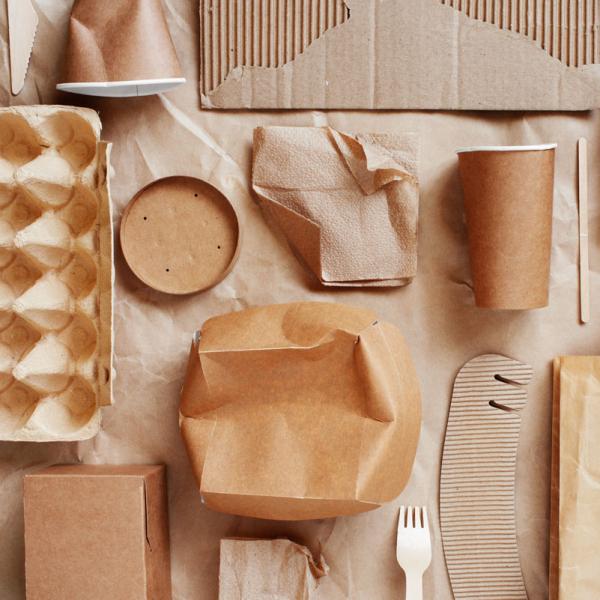Too Much Waste & Why It Matters
Minnesota has a trash problem. We are generating 5.9 million tons of garbage every year, and this number is expected to grow nearly 20% by 2042. Packaging and plastic waste are an increasing part of the problem:
- The delivery economy and e-commerce have driven up packaging and plastic waste.
- 40% of our waste stream is now packaging and paper.
- Plastic production will double in the next twenty years.
- Less than half of all this waste gets recycled—the rest is burned or landfilled.
Currently, manufacturers have no incentive to reduce the amount of packaging they use or to avoid hard-to-recycle materials. Our local governments are stuck with the burden of all this trash. We need commonsense policies that reduce the amount of waste and help communities recycle as much as possible.
This session we made huge strides in tackling our garbage problem when the Minnesota legislature passed the Packaging Waste & Cost Reduction Act. The legislation makes Minnesota just the fifth state in the country to have a policy extending packaging responsibilities to manufacturers. The Packaging Act has even been called “the most impactful recycling bill in over 40 years” and will fundamentally reshape how recycling is funded.
Packaging Waste & Cost Reduction Act
The Packaging Waste & Cost Reduction Act will hold manufacturers accountable for their products and packaging throughout the entire lifecycle—from product design all the way through to reuse, recycling, or safe disposal. It also requires all packaging to be reusable, recyclable, or compostable by 2032.
The legislation will ensure sustainable funding to offset the cost of collection, expand end-markets, and shift manufacturers to more reusable and sustainable packaging without taxpayer funds. This will lead to the redesign of products to reduce their impacts on the environment. The legislation builds on Minnesota’s existing recycling infrastructure to reduce the burden on local governments to deal with waste.
By increasing recycling, the bill will also create more sustainable jobs. Today, about 37,000 jobs in Minnesota are directly or indirectly supported by the recycling industry. These jobs pay almost $2 billion in wages and add nearly $8.5 billion to Minnesota’s economy.
Transitioning to more reusable, recyclable, or compostable alternatives also significantly impacts climate pollution. Addressing climate change requires rethinking how we keep our valuable natural resource materials in use, over and over again, and considering the impacts of hauling growing amounts of trash to landfills or burning the garbage in incinerators.
The burden of managing these ever-growing mountains of packaging waste currently falls on local governments and taxpayers. By shifting the cost of recycling to producers, we create an incentive to reduce waste and stop using materials that are hard to recycle. This will save taxpayers millions of dollars spent on waste programs and make recycling easier for everybody.
—Ramsey County Commissioner Victoria Reinhardt


